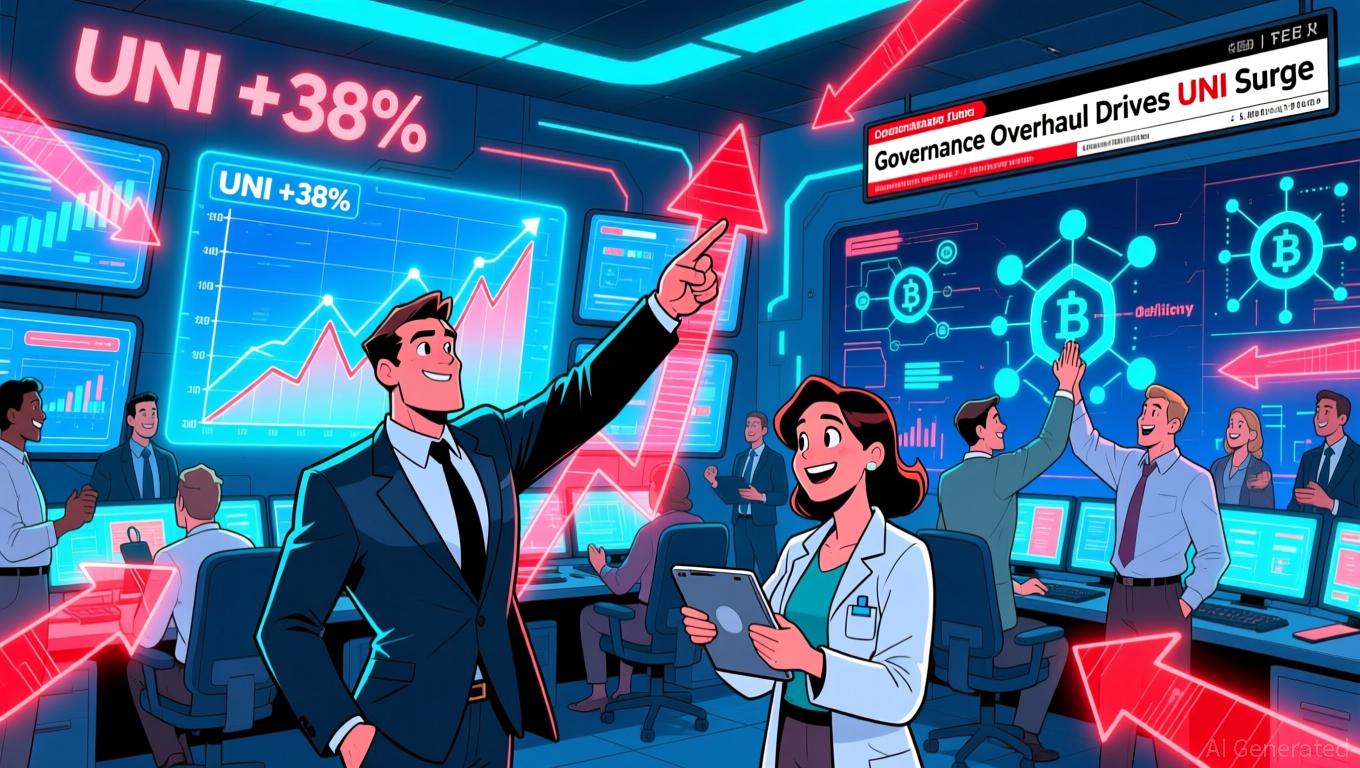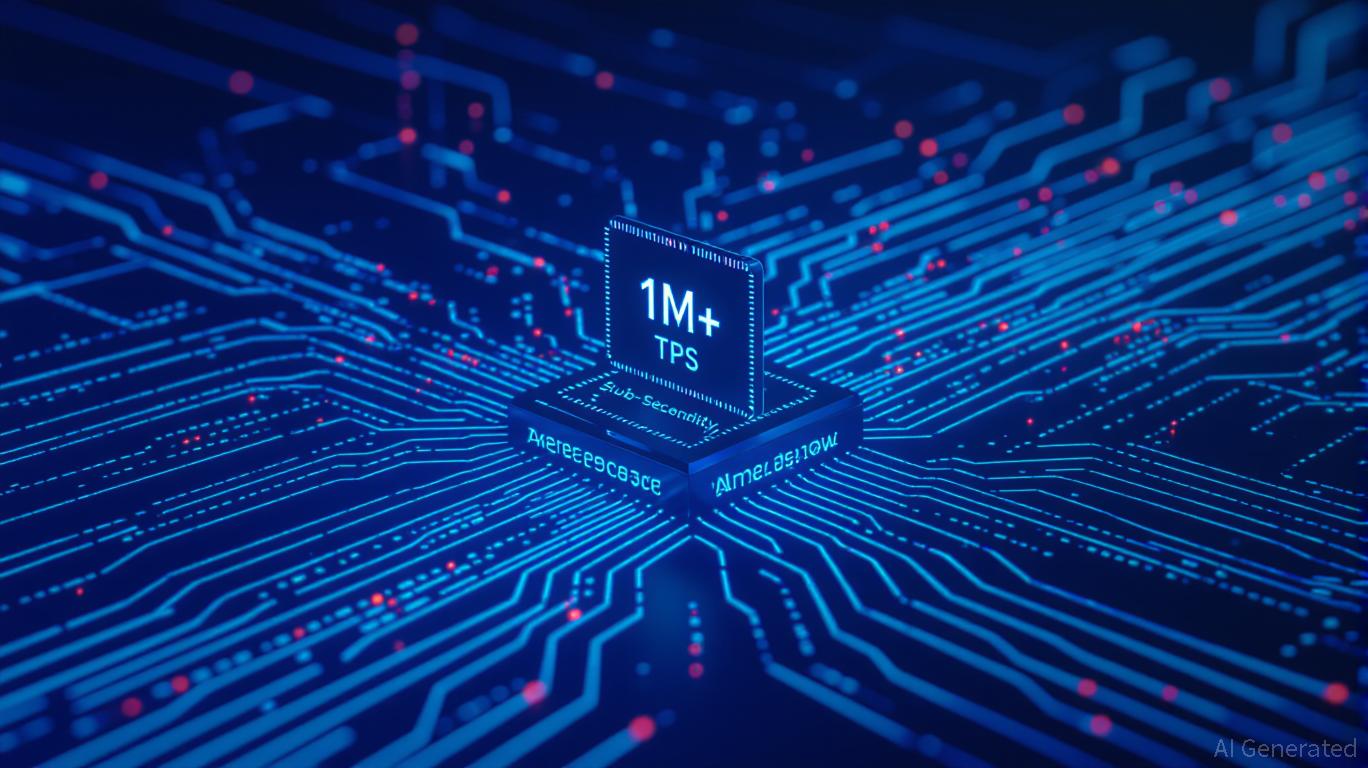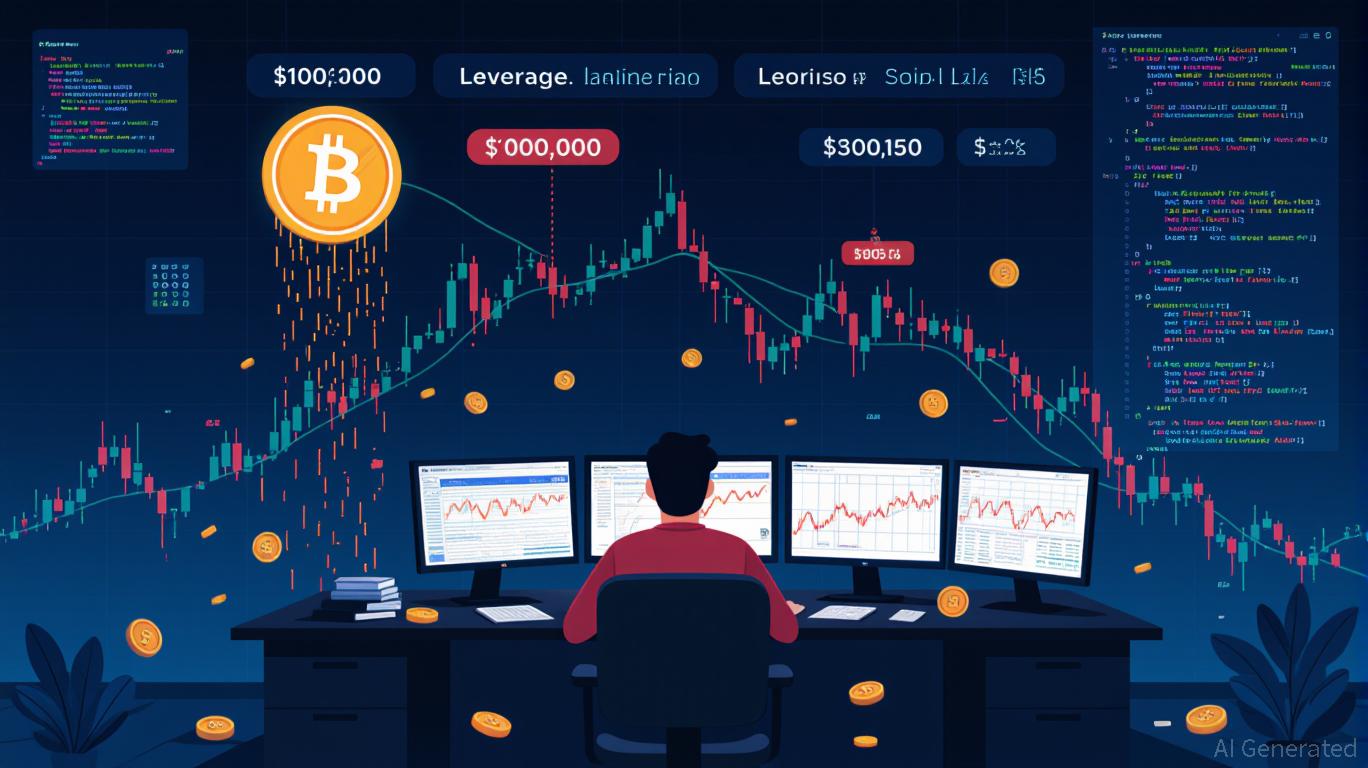GMGN's Efforts Against MEV: Transitioning from Vulnerabilities to Stronger Security Solutions
- GMGN denied security breach rumors, confirming a completed audit found no vulnerabilities and user funds remain secure. - The platform reimbursed 729 users affected by a BSC-based MEV sandwich attack between October 25-26, with automatic compensation. - GMGN acknowledged MEV attack sophistication, pledged security upgrades, and emphasized anti-MEV safeguards despite existing protections. - The incident highlighted DeFi MEV risks, prompting industry discussions on transaction ordering innovations and netw
GMGN, a prominent analytics and trading platform focused on memecoins, has refuted circulating claims of a security compromise and user fund losses, insisting that its system remains secure and all assets are safeguarded, as reported by a
This statement followed a separate event involving a maximal extractable value (MEV) sandwich attack that affected 729 transactions on October 25. GMGN reported that all impacted users had been compensated in full, with co-founder Haze confirming that reimbursements were finalized by October 26, according to a

GMGN's prompt response has received positive feedback on social media, with users applauding the platform's openness and efficiency. Those affected did not need to take any steps, as reimbursements were automatically deposited into their wallets. The company also emphasized its ongoing commitment to strengthening security, mentioning that its anti-MEV tools are under review for possible enhancements.
This event has brought renewed attention to the persistent challenges of MEV exploitation within decentralized finance (DeFi). MEV sandwich attacks involve automated bots placing trades before and after a user's transaction to manipulate market prices, often to the user's detriment. While GMGN offers users the option to activate anti-MEV protections, the incident highlights the advanced tactics employed and the ongoing risks facing DeFi platforms. Experts point out that such occurrences underscore the importance of continual improvements in transaction sequencing and network defense.
Despite recent disruptions, GMGN's handling of the situation has bolstered trust in its dedication to user safety. The platform's ability to quickly resolve both misinformation and technical issues demonstrates its strength in crisis management. As the cryptocurrency sector faces new and evolving threats, GMGN's approach stands as an example of proactive risk mitigation and effective communication with its community.
Disclaimer: The content of this article solely reflects the author's opinion and does not represent the platform in any capacity. This article is not intended to serve as a reference for making investment decisions.
You may also like
Uniswap News Today: Uniswap's 100 Million UNI Token Burn Sparks 38% Rally as Deflationary Changes Transform DeFi
- Uniswap's UNI token surged 38% after the Foundation and Labs launched the "UNIfication" governance overhaul, activating protocol fees and token burns. - The proposal includes a 100M UNI retroactive burn (16% of supply), fee redirection to deflationary mechanisms, and a 20M UNI Growth Budget for DeFi innovation. - Structural changes consolidate teams under Uniswap Labs, eliminate interface fees, and establish a 5-member board to align governance with DUNA's decentralized framework. - Market reaction saw U

Solana's Value Soars: Key Factors Fueling Investor Confidence Toward the End of 2025
- Solana (SOL) surges in late 2025 due to infrastructure upgrades, institutional adoption, and strong on-chain metrics. - Firedancer validator client boosts TPS to 1M+, while Alpenglow aims for sub-second finality, enhancing scalability for real-time finance. - Institutional holdings of SOL jump 841% to 16M tokens, with Visa and R3 partnerships validating its role in cross-chain global finance. - Network records 17.2M active addresses and 543M weekly transactions, maintaining 8% DeFi market share despite b

Uniswap Latest Updates Today:
- UNI token surged over 40% to $10+ as Uniswap Labs and Foundation proposed "UNIfication" to distribute protocol fees to holders via token burns and a "token jar." - The plan includes burning 100M UNI ($800M) and allocating 16.7%-25% of v2/v3 pool fees to holders, merging the Foundation into Labs to streamline operations. - Market reactions saw UNI jump 30% in a day, reaching $10.50, with a $7.19B market cap, driven by optimism over DeFi fee capture and DUNA approval easing regulatory concerns. - Critics w

Bitcoin Leverage Liquidations Spike in November 2025: A Warning Story for Crypto Derivatives Traders
- November 2025 saw $20B+ in crypto derivatives liquidated as Bitcoin fell below $100,000, driven by 1001:1 leverage and automated stop-loss mechanisms. - Leverage-driven cascading liquidations pushed Ethereum to four-month lows and exposed systemic risks in unregulated platforms like Hyperliquid and Aster. - Regulators proposed CFTC/SEC role clarifications and domestic leveraged trading, but experts warn structural imbalances persist despite growing retail risk awareness. - Institutional investors shifted
